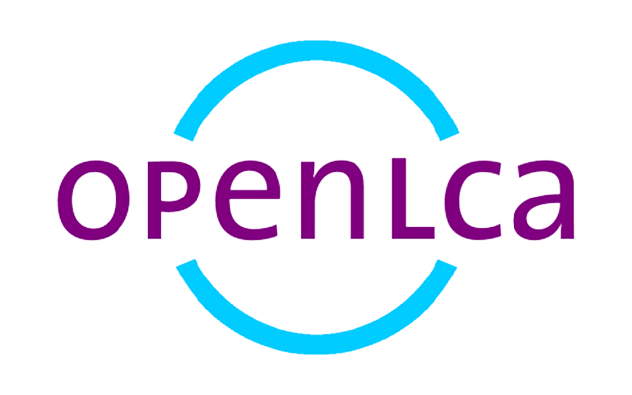Coming fresh from the summer holidays, at least those in a similar time zone as Berlin, we hope that our users are ready for upcoming specialised trainings in the fall. These trainings don’t happen too often, and we recommend our users (specially those waiting for them for some time now) to take the opportunity to get a place. All trainings will be carried out online.
In summary, we offer:
- Social LCA: 18-20 September (10:00-15:00 CET)
- EPD: 26-27 September (15:00-18:30 CET)
- Python basic: 10-11 October (14:00-17:30 CET)
- Python advanced: 17-18 October (14:00-17:30 CET)
For bookings go to openLCA Nexus: https://nexus.openlca.org/service/openLCA%20Trainings
More in detail:
>>Social LCA: 18-20 September (10:00-15:00 CET)
The Social Life Cycle Assessment (sLCA) training equips participants with the knowledge and tools to conduct an sLCA and use the Product Social Impact Life Cycle Assessment (PSILCA) database. Throughout this interactive training, participants will learn about the theory and technical framework behind sLCA, gain skills to use the openLCA software, and apply these learnings in various case studies. Participants will also become familiar with the structure of PSILCA, including its input-output database and social indicators. The course offers a thorough understanding of the workflow for conducting a social LCA, from creating a foreground model and adding risk-assessed social indicators to assessing and interpreting the impacts of a product system.
>>EPD: 26-27 September (15:00-18:30 CET)
This two-day training course will teach users how to develop Environmental Product Declarations (EPDs) using the openLCA software with the EN 15804 add-on for Ecoinvent, developed by GreenDelta. Through case studies and examples, participants will cover topics related to EPDs such as:
- Understanding how to model each life cycle stage (module A to D)
- Product category rules
- Data collection
- Biogenic carbon mass balance
- Interpretation of impact assessment results according to the EN 15804+A2 standard
- Preparing EPD report
Basic knowledge of openLCA is recommended.
>>Python basic: 10-11 October (14:00-17:30 CET)
This Basic Python Training for openLCA is intended for people with no or very limited knowledge in computer programming. Thus, this course will be split into two parts (2 days, 3.5 hours each). The first part of this course will only focus on the introduction of fundamental Python programming concepts. These concepts include:
- Assigning variables
- Data types including integers, floats, strings, lists and dictionaries
- Running a for- and while-loop
- Creating functions
- Importing modules
- Using built-in Python modules and functions
- The second part will have you apply those learnt concepts to interact with openLCA programmatically. These concepts include:
- Accessing openLCA objects (like flows or proceses) in a database
- Creating openLCA objects in a scripting environment
- Inserting or deleting openLCA objects from a database
- Creating a product system from a process
- Run impact calculations
For this course we will be using the Python editor that comes built-in within openLCA (which uses the Java implementation of Python2.7 also known as ‘Jython’). The use of the olca-schema and olca-ipc modules will be taught in the Advanced Python Training for openLCA and will thus not be covered here.
>>Python advanced: 17-18 October (14:00-17:30 CET)
This Advanced Python Training for openLCA will explain the use of the olca-schema (https://pypi.org/project/olca-schema/) and the olca-ipc (https://pypi.org/project/olca-ipc/) modules (2 days, 3.5 hours each). Combined, these modules allow for the programmatic interaction with openLCA databases via the built-in IPC server. Mastering this skill will allow you to use openLCA in a more effective way as you will be able to perform automated and/or large-scale calculations which are otherwise limited by the use of a graphical user interface. The following concepts will be covered in this training:
– olca-schema module
- JSON-LD and the openLCA schema
- creating and working with olca-objects with python
– olca-ipc module
- call and connect to the ipc-server
- access database objects
- insert, update and delete database database objects
- create a product system
- run an impact calculation
- working with the results object to extract relevant information
This training will not cover the use of the Python editor that is contained within openLCA. Only the use of the external modules will be covered.
To participate in this training, you will need to be proficient in fundamental Python programming concepts. You will thus either need to sign a declaration of proficiency in fundamental Python programming or have partaken in the Basic Python Training for openLCA if you wish to take this course.
